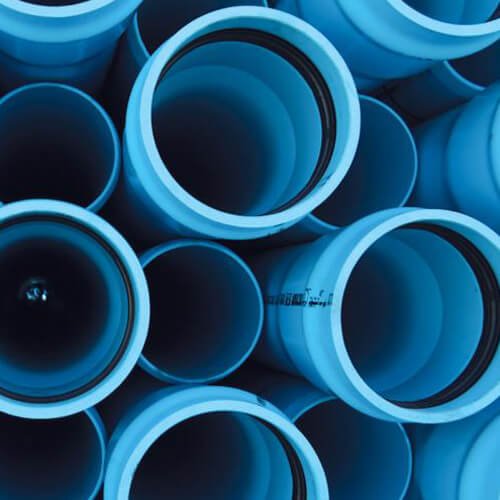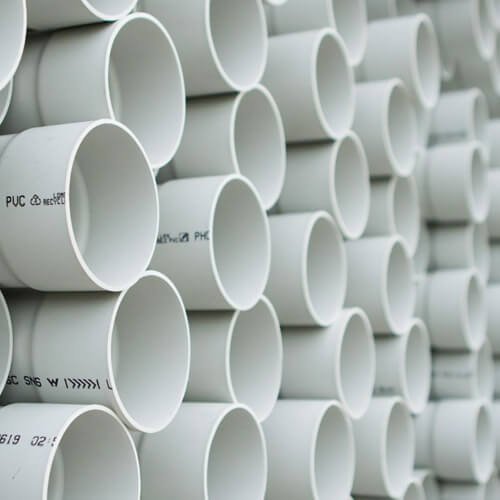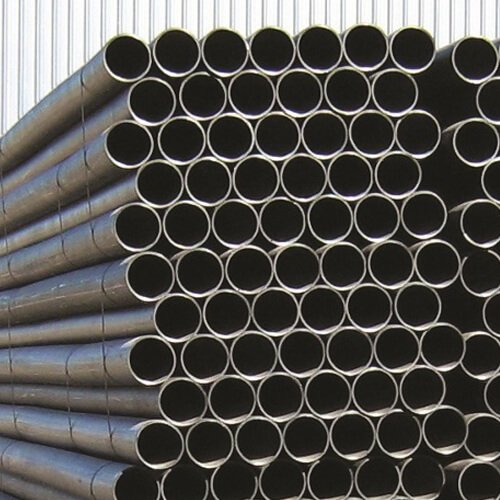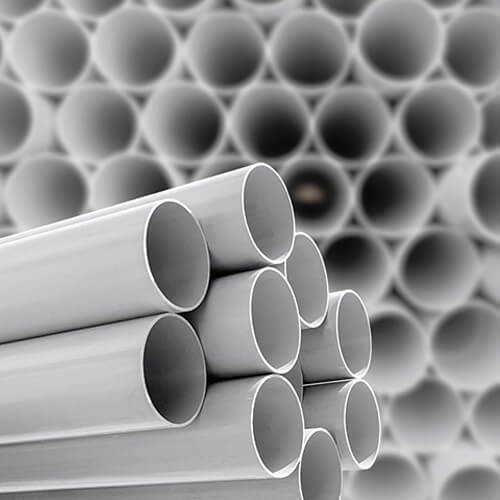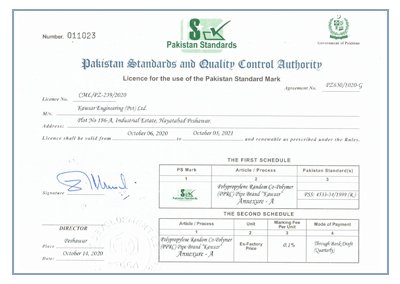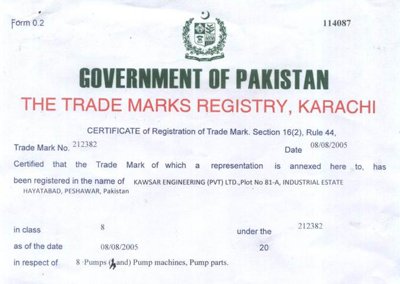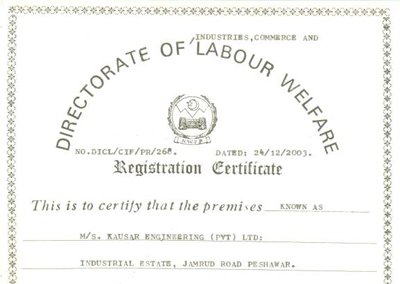HDPE Water Pipes
Meeting the challenges of the 21st century Piping made from polyethylene is a cost-effective solution for a broad range of piping problems in municipal, industrial, marine, mining, landfill, duct, and agricultural applications. It has been tested and proven effective for above-ground, surface, buried, slip-lined, floating, and sub-surface marine applications.
High-density polyethylene pipe (HDPE) can carry potable water, wastewater, slurries, chemicals, hazardous wastes, and compresses gases. Infact, polyethylene pipe has a long and distinguished history of service to the gas, oil, mining, and other industries. It has the lowest repair frequency per mile of pipe per year compared with all other pressure pipe materials used for urban gas distribution.
Polyethylene is strong, extremely tough, and very durable, Whether You are looking for long service, trouble-free installation, flexibility, resistance to chemicals, or a myriad of other features, a high-density polyethylene pipe will meet all your requirements.

High density polyethylene - HDPE -
Is a very popular material for water pipes. It is
Polyethylene's are divides into 3 groups
according to their densities as
| LDPE | Low Density | |
| MDPE | Medium Density | |
| MDPE | High Density |
Advatages
Lower life cycle costs
- Corrosion resistance. Do not rust, rotor corrode.
- Leak tight. Heat-fused joints create a homogenous, monolithic system. The fusion joints is stronger than the pipe.
- Excellent water hammer characteristics. Designed to withstand surge events.
- High strain allowance. Virtually eliminates breakage due to freezing pipes.
- Additional cost savings are achieved by lower instances of repairs.
- With no exfiltration or infiltration, portable water losses and groundwater nuisance treatment costs encountered in traditional piping systems are eliminated.
